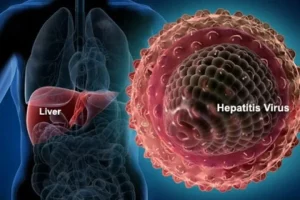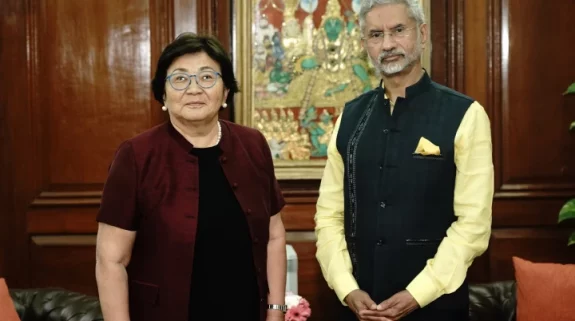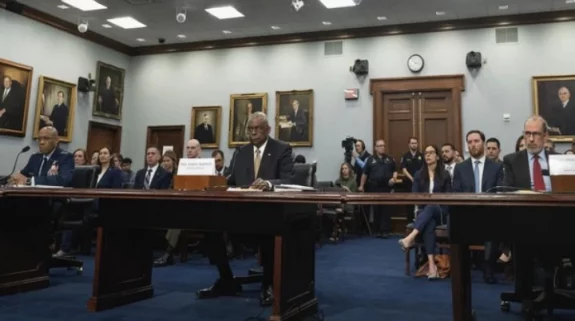With the number of monkeypox cases increasing rapidly worldwide, the World Health Organization has decided to take a relook on whether the outbreak constitutes a public health emergency of international concern.
Europe is the current epicentre of the outbreak, recording more than 80% of cases globally, according to the WHO. However, since recording is poor in other countries it is quite possible that the exact numbers are not being registered.
WHO's Emergency Committee concluded in June that the outbreak did not meet the criteria for such a declaration.
But as the virus continues to spread, WHO Director-General Tedros Ghebreyesus wants the committee to take up the issue again, based on the latest data around the epidemiology and evolution of the outbreak.
"On monkeypox, I continue to be concerned by the scale and spread of the virus. Across the world, there have now been more than 6,000 cases recorded in 58 countries," the WHO chief said.
Tedros said Wednesday that he will convene the committee during the week of July 18, or sooner if needed.
WHO defines a public health emergency of international concern as an extraordinary event that constitutes a public health risk to other States through the international spread of disease and that may potentially require a coordinated international response.
"Testing remains a challenge, and it's highly probable that there are a significant number of cases not being picked up," Tedros explained.
Monkeypox, a viral disease, occurs mostly in central and western Africa, where the virus is endemic — but as part of the latest outbreak, the virus has spread to many other regions of the world for the first time.
Cases are also being reported in African countries that previously were not affected by the virus, and in those places where the virus is endemic, record numbers are being recorded, Tedros said Wednesday.
WHO is working with countries and vaccine manufacturers to coordinate sharing of vaccines for monkeypox, which are scarce. The organization is also working with groups to break the stigma around the virus and spread information to help protect people.
Early data on the outbreak has suggested that gay and bisexual men and other men who have sex with men make up a high number of reported cases, leading to concern about stigmatizing the disease and the LGBTQ community.
However, anyone who has been in close contact with someone who has the virus can be at risk.




















